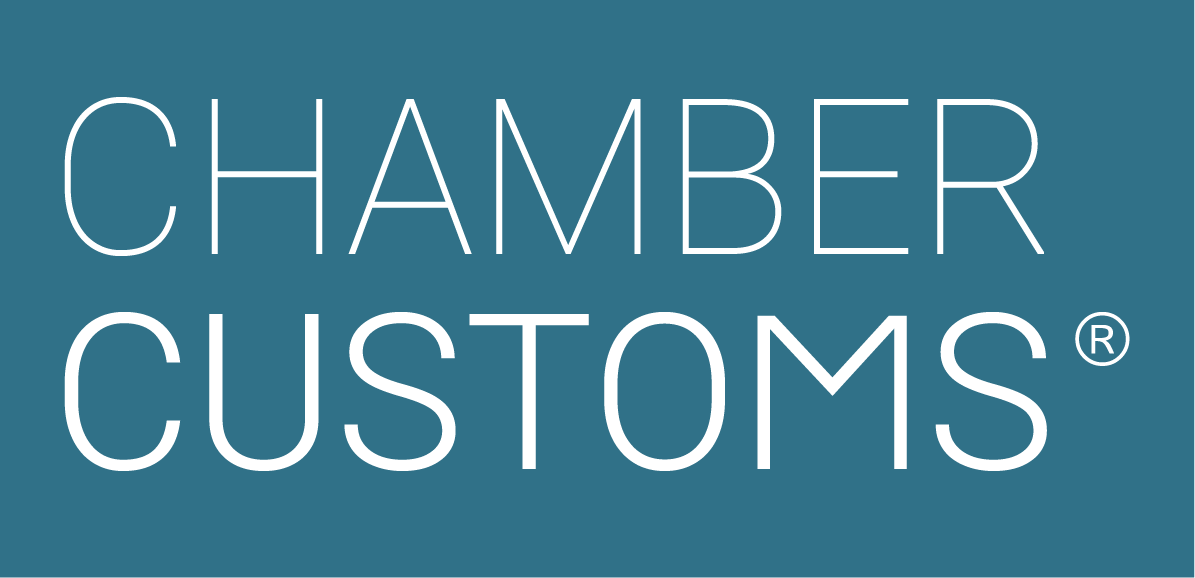Rules of Origin: The Ultimate Guide
Rules of Origin & Country of Origin
If you want to better understand ‘Rules of Origin’, ‘Country of Origin’ and check that your goods meet the rules of origin, you have come to the right place.
Rules of Origin are very important if you are a UK trading business importing or exporting with the European Union (EU) or other international countries.
Every year, more than £12 trillion worth of goods are traded amongst the world’s nations in nearly every language on the globe.
How do customs and regulatory authorities know where the goods are coming from in order to impose the applicable duty or product standards?
“Origin” can be understood as the economic nationality of the goods.
All internationally traded goods are required to have an origin when they are declared to customs at the point of import and at the time of export.
The question “where are your products from?” seems simple at first glance, but what does it really mean? Is it where the goods were produced, or where they were shipped from? And if the goods were manufactured in several different countries, where is the cut-off point?
Rules of origin enable customs to answer similar questions and enable them to determine the origin of goods.
What is ‘Origin’?
Country of Origin
If you are importing goods into the UK or exporting goods outside of the UK, you may be looking for the answer to the question 'what is origin'?
Origin is the economic nationality of the product. Each product traded internationally needs to have an Origin. Rules of Origin help us to understand where that product comes from, in the world, and basically where it originated.
How does ‘Origin’ impact importers and exporters?
For businesses trading internationally, either importing into the UK or exporting out of the UK, there are two different types of origin;
Non-preferential origin - which is used for statistical purposes as well as to apply other trade policy measures.
Preferential origin - which is connected to trade agreements and helps to establish whether or not your product or goods are eligible for a preferential tariff.

